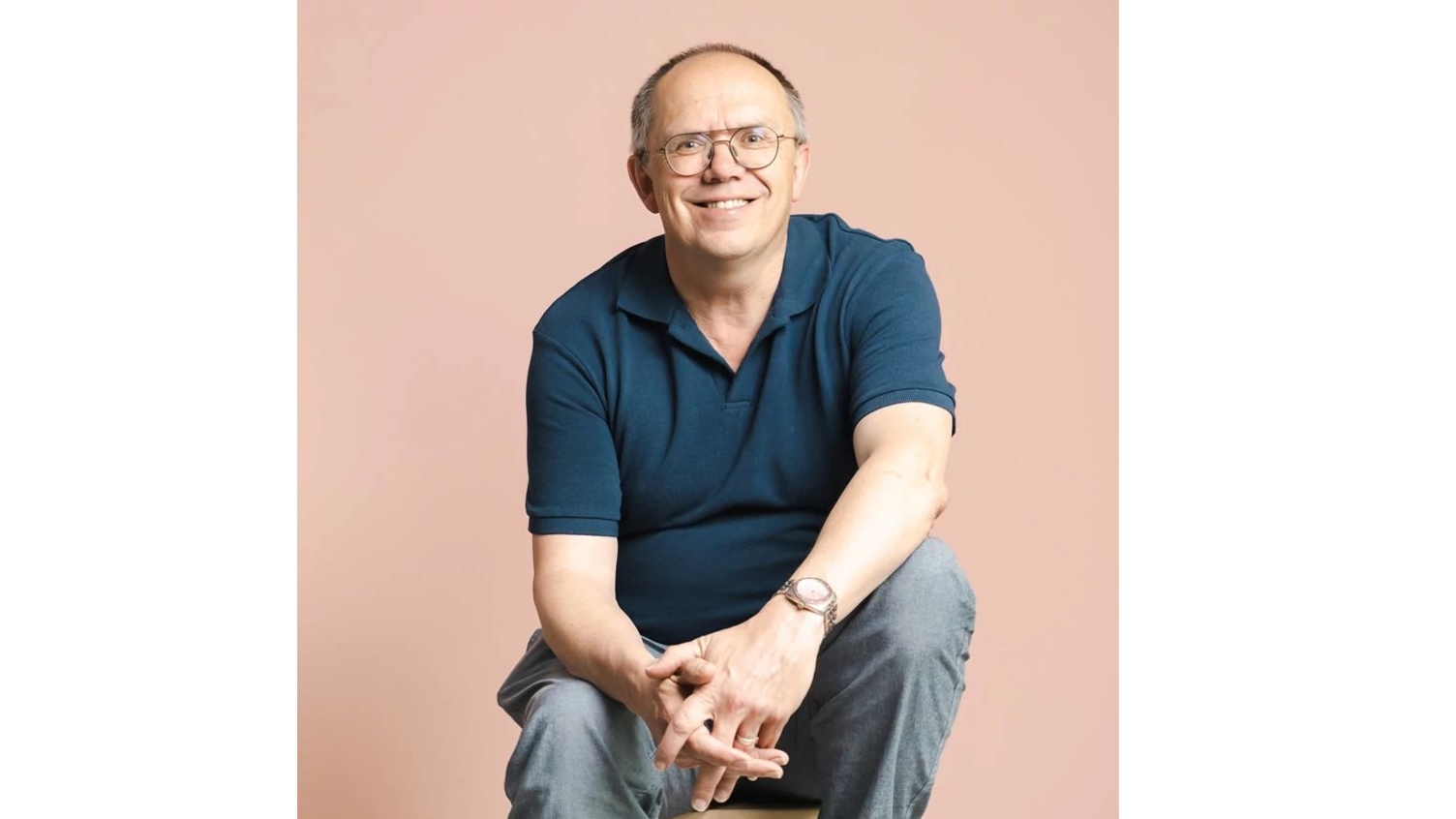How the PSP will deliver answers for the epilepsy community
- 27 January 2023
- 3 min read
It’s exciting to be at a point where I am being asked to write a blog about the James Lind Alliance (JLA) and the UK Epilepsy PSP! It doesn’t seem that long ago that the Epilepsy Research UK team and I were in early talks about the possibility of undertaking this epic exercise. Yet here we are, a couple of years later, with a fantastic list of questions that 1000s of people with epilepsy, their families and clinicians have unequivocally declared are their priorities for future research.
When Epilepsy Research UK and the epilepsy community decided to embark on this journey, I had just finished working with the JLA’s Canadian Epilepsy PSP. So the timing was great: there was a lot of recent learning, and the Canadian team was keen to share that with the UK team. The JLA had actually been around for many years, but the Canadian project was the first time the full JLA method had been applied in epilepsy, and the UK project was the first over here.
To give you a potted history, the JLA was established in 2004 with a simple aim: to amplify the voices of people who don’t normally decide what gets researched – patients, carers and health professionals. While it may seem like a no-brainer to consult with the people that research is intended to benefit, historically this just hasn’t happened. Research funders, industry and researchers themselves have far greater influence over what gets researched, even though their priorities can be very different to the priorities of people living with a condition and those looking after them. This mismatch between agendas can lead to research waste.
So the team behind the JLA established a method to bring together people with lived experience and people with professional expertise, as equal partners in Priority Setting Partnerships (PSPs). Led by a Steering Group (members must include patients, carers and clinicians), they go through a set process to gather questions from their communities. These could be questions that people haven’t been able to get the answers to, the problems they’ve been having or the areas where they feel research should be focusing. Once it’s established which of these questions haven’t been answered already, those communities are then involved in prioritising the Top Ten questions that they most want funders to fund, and researchers to research. The Top Ten is a clear call to action, drawing the research community’s attention to important research gaps, and having an impact on what gets researched.
The JLA has facilitated over 100 of these PSPs, in a wide range of clinical areas internationally. As Senior Adviser to the JLA I have seen the many ways in which individual PSPs embrace the process and make it their own. The UK Epilepsy PSP was no exception. The courage of the community, the dedication of the Steering Group and the commitment, creativity and, frankly, hard graft of the Epilepsy Research UK team were totally inspiring and thrilling to observe. The result of everyone’s input is a research agenda which is directly and genuinely informed by the diverse voices and experiences of people who have epilepsy parents, bereaved parents, families, friends, charities, support groups and the many and varied health and social care professionals who work so hard in this complex clinical field.
The JLA UK Epilepsy PSP Top Ten is something everyone should be proud of. I look forward to the next chapter and to seeing funders and researchers take the baton and provide the epilepsy community with the answers that it is urgently looking for.
Katherine Cowan is an independent facilitator and Senior Adviser to the James Lind Alliance
This piece was originally published on the Epilepsy Research UK website. See the charity's Research Blog for more information.


